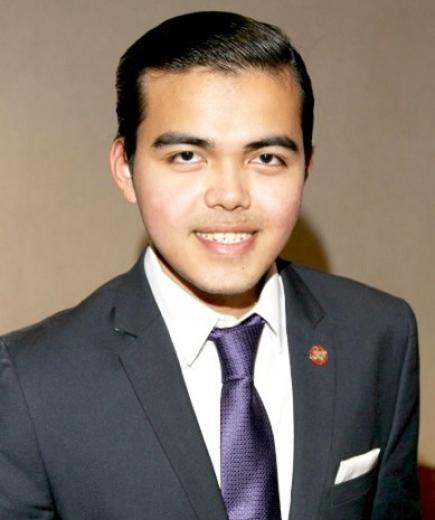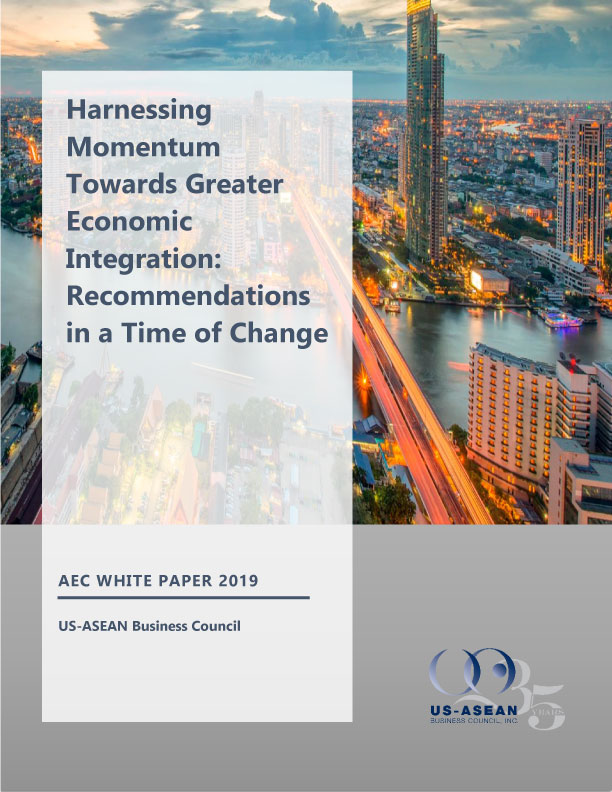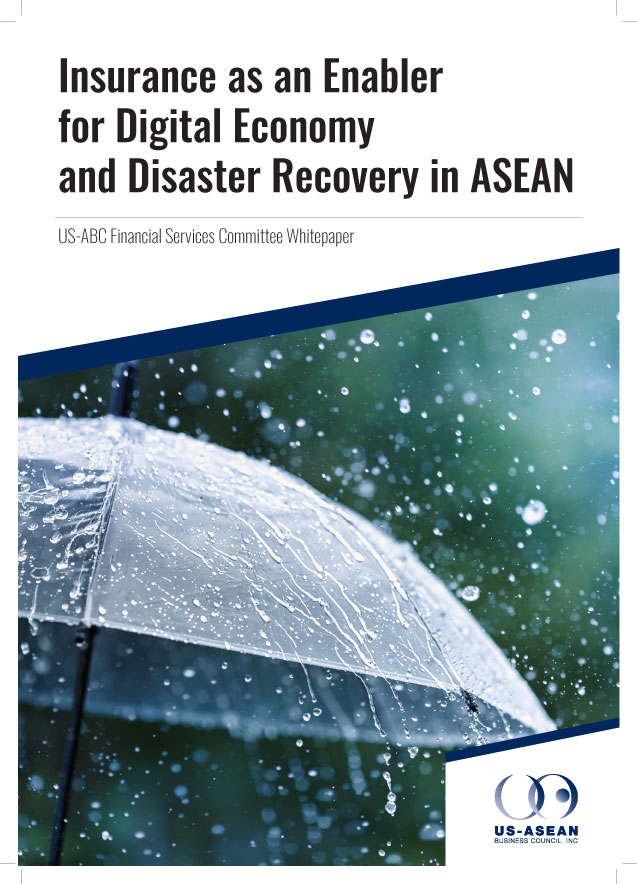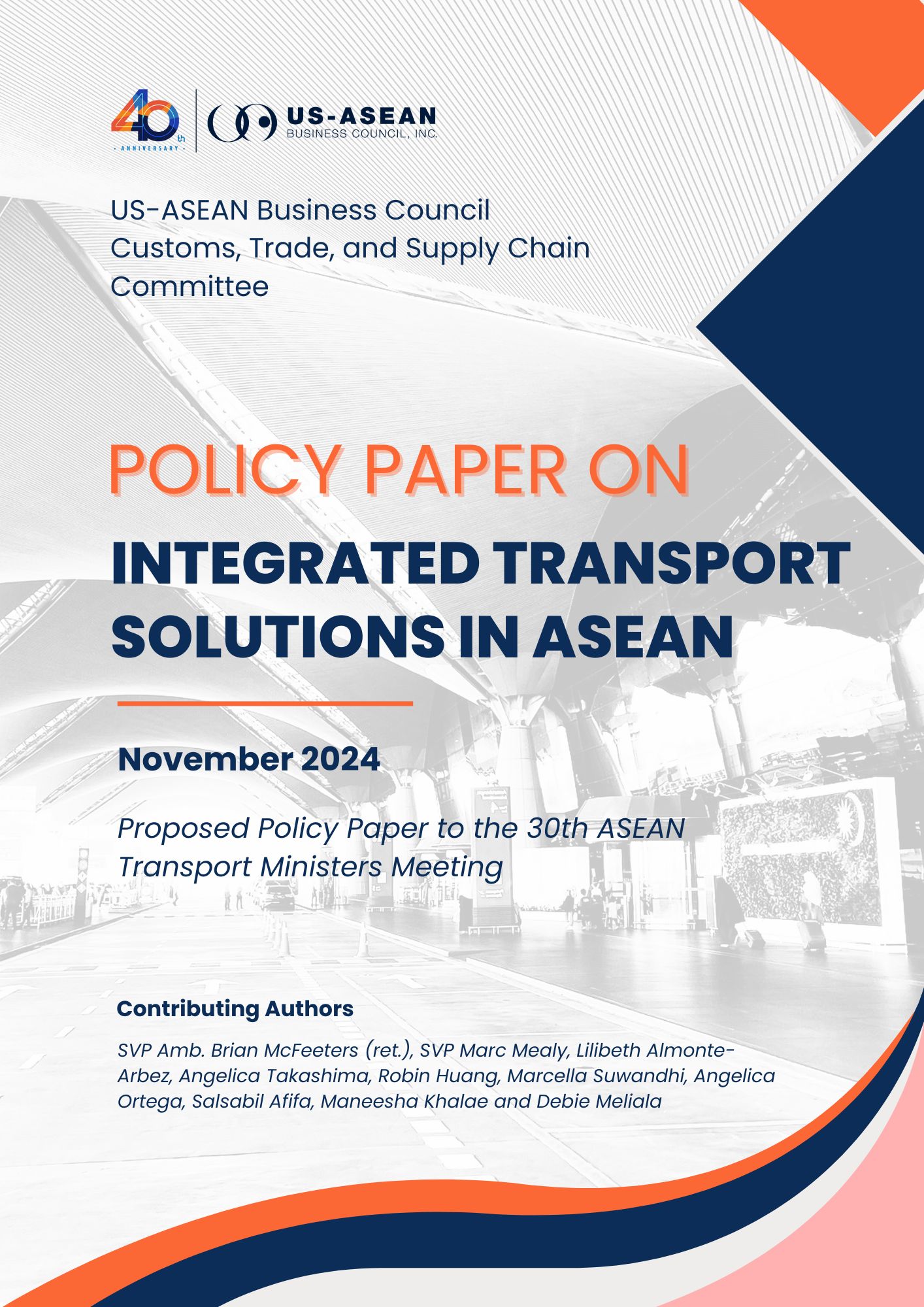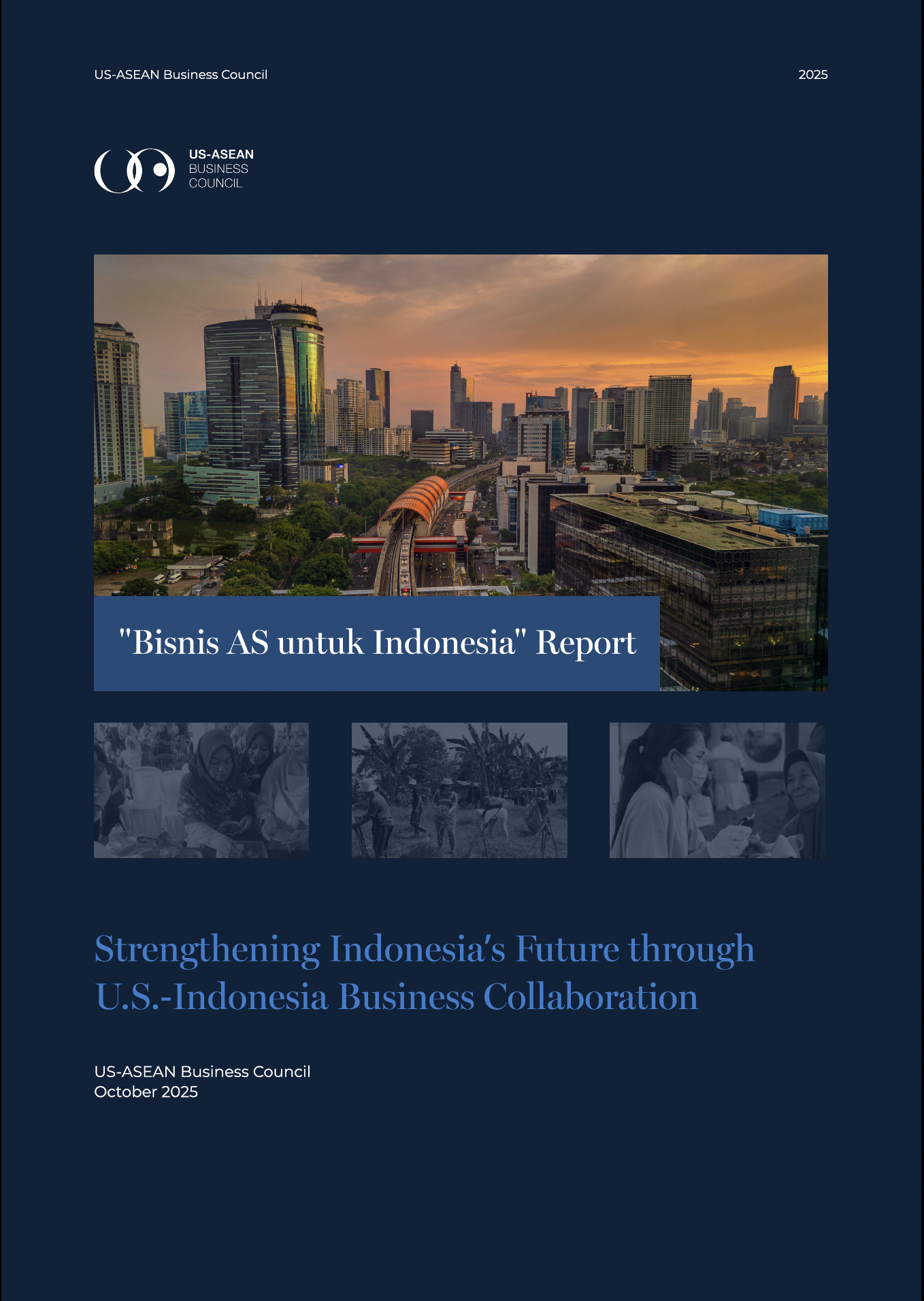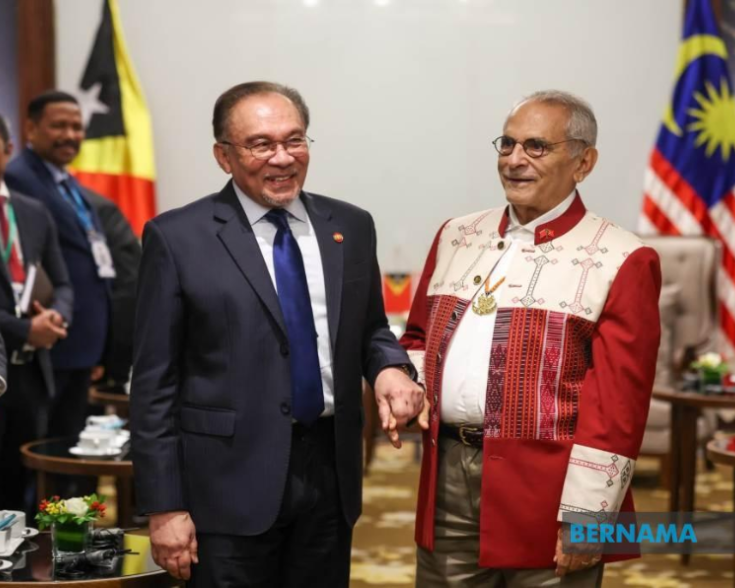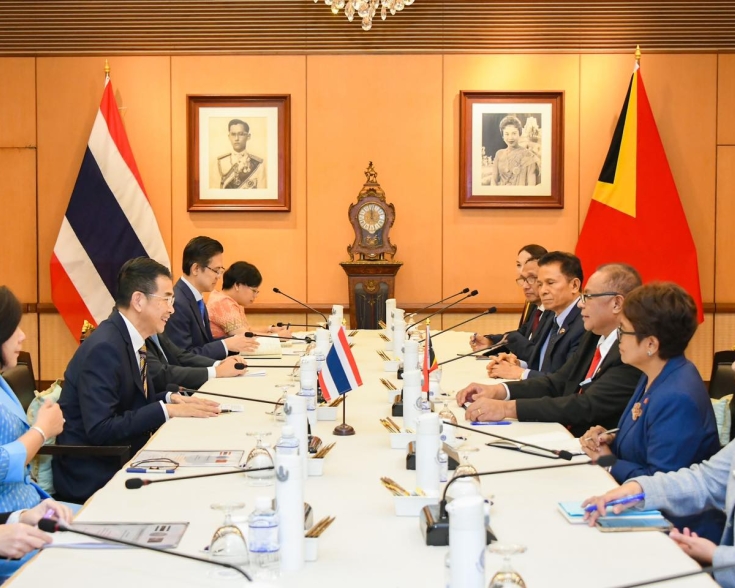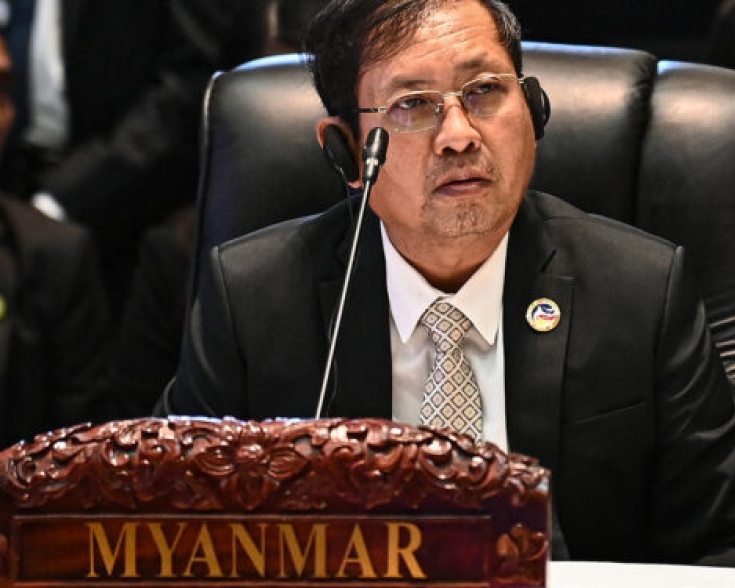Significant Developments from Union Election Commission (UEC) Ahead of Planned General Elections
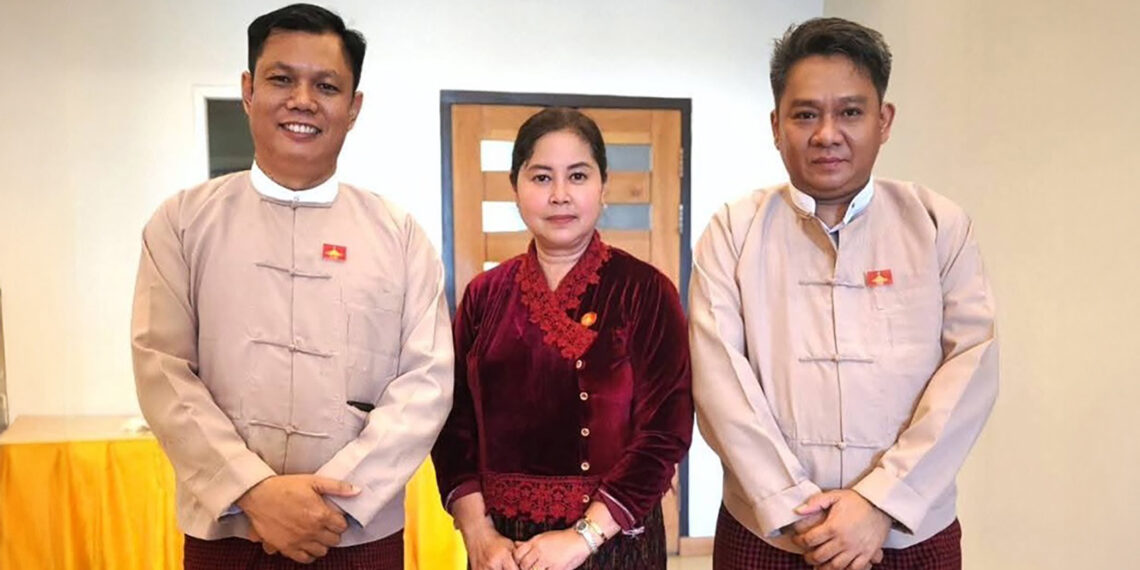
On September 9, the Union Election Commission (UEC) announced the dissolution of the National Democratic Force (NDF), Democratic Party of National Politics (DNP), Women's Party (Mon), and the Union Farmer-Labour Force Party due to their failure to meet the required number of party members and party offices. The Political Parties Registration Law, enacted by the State Administration Council (SAC) in January 2023, stipulates that national parties must recruit a minimum of 50,000 members and establish offices in at least one-third of Myanmar’s 330 townships. Regional parties are required to have at least 1,000 members and offices in five townships. The UEC claimed that the NDF, which had registered to contest at the national level, was disqualified for failing to fulfill the membership requirement, while the other parties were disqualified for insufficient office establishment.
On September 10, the NDF issued a letter to voters for the party’s dissolution in which they claimed that they had indeed reported over 80,000 members to the UEC before its September 7 deadline. The NDF’s dissolution surprised many because it was seen as having rather warm relations with the military administration. After the 2020 general election, it was among the parties that called for military intervention, accusing the Aung San Suu Kyi-led NLD of election fraud. Additionally, Khin Maung Swe, founder and patron of the NDF, is a former member of the SAC and currently serves on the Central Advisory Body to the National Defense and Security Council (NDSC).
The NDF was established by a few former members of the NLD's central executive committee who wanted to participate in the 2010 general election after the party boycotted it. Although it secured a few seats in that election, it did not win any seats in the subsequent elections of 2012, 2015, and 2020. Recently, Sandar Min, a former member of the NLD's executive committee, along with several others, made a controversial move by switching to the NDF before the party’s dissolution by the UEC.
Currently, only six parties remain to contest the election nationwide. These include the military-proxy Union Solidarity and Development Party (USDP), along with the National Unity Party (NUP), the People’s Pioneer Party (PPP), the People’s Party, the Myanmar Farmers Development Party (MFDP), and the Shan and Ethnic Democratic Party (SEDP). As a practice reminiscent of previous elections, the military has assigned retired officials as candidates for the USDP. The BBC reported that over 30 former military officials, led by ex-General Aung Lin Dwe, Chief Executive of the NDSC and a member of the SSPC, had been transferred to the USDP. In addition, the military also retired six active lieutenant generals and ten active major generals to run as USDP candidates.
On another note, on September 14, the SSPC’s Union Election Commission (UEC) announced that polling will not be held in 56 townships for the election scheduled on December 28. These include 4 townships in Kachin State, 3 in Kayah State, 4 in Chin State, 10 in Sagaing Region, 5 in Magway Region, 3 in Mandalay Region, 10 in Rakhine State, and 17 in Shan State. Notably, townships under the control of the United Wa State Army (UWSA) and the National Democratic Alliance Army (NDAA), which were previously rumored to be included in the SSPC’s polling plans, are now listed as ineligible.
Kyaukme, which is currently contested between the military and the Ta’ang National Liberation Army (TNLA), is not mentioned on the list, suggesting that the military may be attempting to capture it before the election. Another TNLA-controlled town, Hsipaw, located about 18 miles northeast of Kyaukme, is also absent from the list. Both towns lie along the strategic China-Myanmar Economic Corridor. Similarly, townships in Rakhine State’s Thandwe District, currently under the control of the Arakan Army (AA), are also not included in the list. The list is not intended to be exhaustive of all townships declared ineligible for polling, as the second phase of the elections is expected in January, when another list is likely to be announced.
